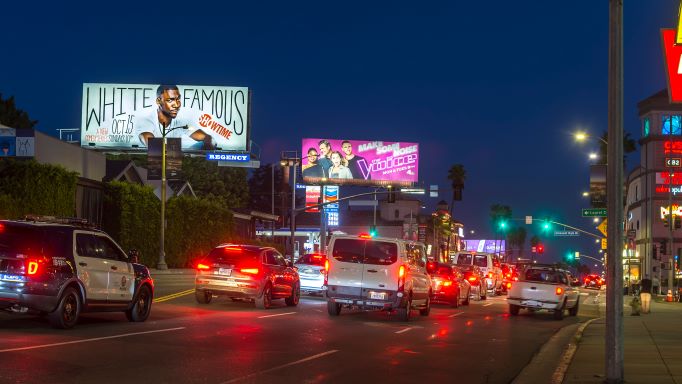
Scenic America and its pro-beauty allies scored a critical judicial win last week when the Wisconsin Seventh Circuit upheld the city of Madison’s ban on digital billboards. Chief Judge Diana Sykes applied the U.S. Supreme Court’s decision in City of Austin v. Reagan to reject Adams Outdoor Advertising’s First Amendment suit.
Adams Outdoor Advertising sued Madison after the city denied the company’s applications to convert some of its traditional billboards to digital displays. Adams contended that the city’s sign code, which has prohibited digital displays on off-premises advertising signs since 2009, represented content-based regulation and therefore violated the company’s First Amendment rights. Madison officials argued that the off-premises signs could be regulated more heavily to protect public safety and preserve aesthetic value—arguments that held sway over the U.S. Supreme Court when it upheld the City of Austin’s similarly constructed ban on digital billboards in April 2022.
In her opinion, Justice Sykes noted, “City of Austin resolves this case. Billboards by their very nature can be perceived as an aesthetic harm. Likewise, the connection between billboards and traffic safety is too obvious to require empirical proof. It does not take a double-blind empirical study, or a linear regression analysis, to know that the presence of overhead signs and banners is bound to cause some drivers to slow down in order to read the sign before passing it.”
Scenic advocates celebrated the news and noted the significance of this decision in the first high-profile case to emerge in the wake of Austin v. Reagan.
Scenic America President Mark Falzone stated, “This case represents a direct application and solid reinforcement of the Austin v. Reagan decision. Like Austin, the city of Madison wanted to maintain its ban on digital billboards for safety, aesthetic, and economic reasons. We’re thrilled that the Seventh Circuit recognized that the interests of communities should outweigh the interests of advertising companies.”